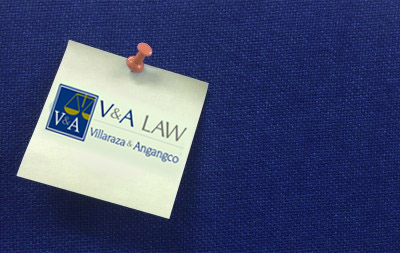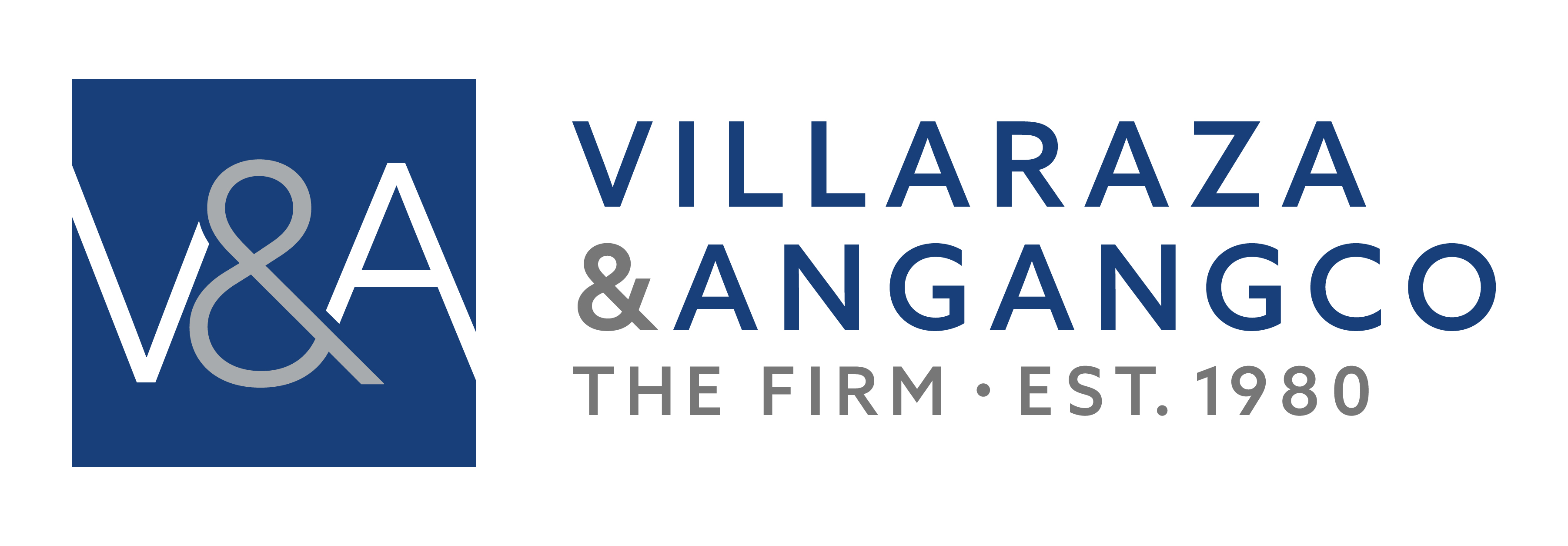By Franchette M Acosta, senior partner, V&A Law
The Philippine government has expanded anti-money laundering laws to include casinos, including internet and ship-based casinos. This is aligned with the Philippine government’s policy of preventing the country from being used as a money laundering and terrorist financing site. Casinos include internet casinos, or casinos in which persons participate by the use of remote communication facilities such as, but not limited to, internet, telephone, television, radio or any other kind of electronic or other technology for facilitating communication. Under the law, a single casino cash transaction involving an amount in excess of Five Million Pesos (P5,000,000.00) or its equivalent in any other currency is a covered transaction that must be reported. Casino cash transactions are transactions involving the receipt of cash by a casino paid by or on behalf of a customer; or transactions involving the payout of cash by a casino to a customer or to any person in his or her behalf.
To implement the inclusion of casinos under the coverage of the AMLA, the Anti-Money Laundering Council (AMLC), Philippine Amusement and Gaming Corporation (PAGCOR), Cagayan Economic Zone Authority (CEZA), and Aurora Pacific Economic Zone and Freeport Authority (APECO) jointly promulgated the implementing rules and regulations (IRR) of RA No. 10927 which took effect on 04 November 2017. The IRR mandates casinos to apply the following principles throughout their businesses: good corporate governance, know your customer rules and procedures, appropriate risk-management system and employee training. To comply with KYC obligations, casinos are also required to establish and record the true identity of their customers based on identification documents submitted upon opening of an account or redemption of casino chips or tokens or gaming instruments. For this purpose, appropriate systems and methods, and adequate internal controls shall be established for verifying and recording the true and full identity of customers. The IRR further provides that casinos shall conduct customer due diligence to ensure that they know their customers including the intermediary and the person or entity on whose behalf the transaction is being conducted. Thus, the IRR prohibits the opening of anonymous accounts and accounts under fictitious names, and the processing of withdrawal or transfer of funds from the account of the customer without conducting a face-to-face contact.
All customer due diligence records and casino transactions of customers must be maintained and safely stored for at least five (5) years. Casinos are required to report to the AMLC all covered transactions and suspicious transactions within five (5) working days, unless the AMLC prescribes a different period which shall not exceed fifteen (15) working days from the occurrence of the transaction. Thus, all casinos shall register with the AMLC’s electronic reporting system within ninety (90) days from the effectivity of the IRR.
Significantly, casinos are prohibited from engaging in any transaction involving the conversion of cash from one form to another without being used in gaming, and results therefrom, made through: the receipt of cash for transmittal of all or part thereof through wire or telegraphic transfer for or on behalf of a customer; payments in cash of funds received through wire or telegraphic transfer; and the cashing of checks or other negotiable instruments. Casinos are also prohibited from receiving cash if its purpose or ownership cannot be ascertained within a period of at least seven (7) days from the date of receipt, and from allowing the use of casino chips in the premises other than the issuing casino, including betting and exchanging into cash or other forms of casino chips.
This is article is prepared for information purposes only and should not be construed as legal advice.
http: www.thefirmva.com
Email: fm.acosta@thefirmva.com
























 Villaraza & Angangco Law
Villaraza & Angangco Law Kristin Charisse C. Siao
Kristin Charisse C. Siao Ma. Carla P. Mapalo
Ma. Carla P. Mapalo Richard Henrick I. Beltran
Richard Henrick I. Beltran







